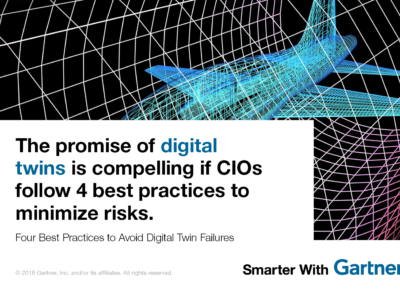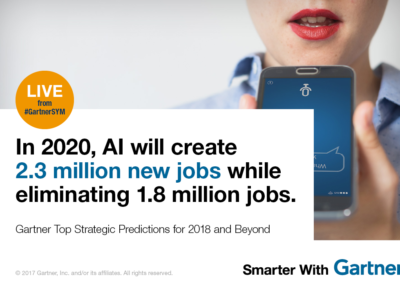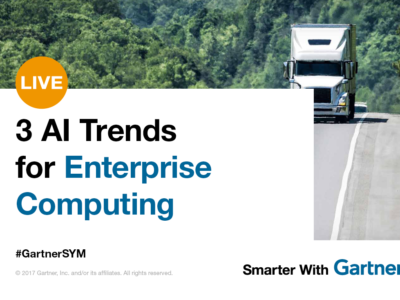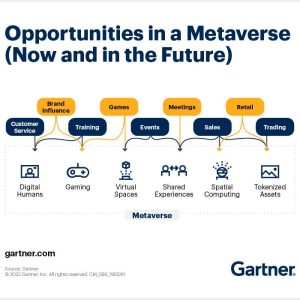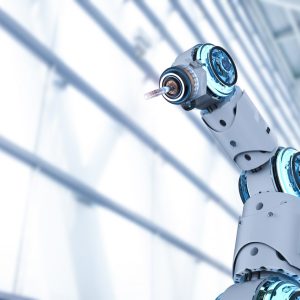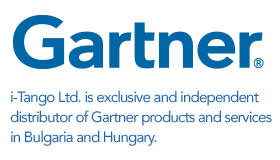With new smart technologies being introduced every day, it’s time to reimagine what the future retail environment will look like.
Contributor: Susan Moore
Imagine a retail world where smart machines take over the roles and responsibilities of people at the store level. While the idea of an associate-less store is extreme, who knows what the future holds as smart technologies and automation look set to disrupt the retail industry.
The deployment of smart machines in retail environments isn’t new. Technologies such as warehouse picking robots and intelligent interactive voice response (IVR) used in call centers have been deployed for a while now. As smart technologies begin to infiltrate at a store level, what will it mean for store associates?
Speaking at Gartner Symposium/ITxpo in Australia today, Kelsie Marian, principal analyst at Gartner, said the most likely scenario for the near future is that some in-store labor and tasks will be replaced by automation. Within the next five years, half of top multichannel retailers around the world will leverage smart technologies to transform existing capital-to-labor ratios.
“The role of store associates continues to change as consumerization together with cloud, mobile, social and big data, give rise to a new era of digital business,” said Ms. Marian. “At the same time, increasing margin pressure is forcing retailers to re-examine existing staffing models to include a substantially reduced number of sales associates, without sacrificing the ability to deliver on customer expectations.”
Digitalization of the workplace
Current and future business growth and competitive advantage will depend on the retailer’s ability to develop and execute a digital business strategy, a large part of which includes digitalization of the workplace. Gartner defines the digital workplace as “a business strategy for promoting employee effectiveness and engagement through a more consumer-like computing environment.”
A retailer’s digital workplace environment must support and encourage new, more effective ways of working, while at the same time, raise employee engagement and flexibility. The digital workplace will enable business agility in a changing retail market.
Retail CIOs must act now, along with the business, to respond to the recent emergence of a new “superclass” of technologies that can perform a wide variety of work and dramatically alter the optimal capital-to-labor ratio. These technologies include automation, deep learning, cognitive computing and other smart machine technologies, which can be leveraged in conjunction with human associates.
Along with disruption to labor strategies, Gartner research indicates that the convergence of smart machines and the Internet of Things (IoT), together with the Nexus of Forces, will transform current business models and revolutionize retail over the next few decades.
Gartner clients can read more in the report ‘Reimagining Retail: Store Associates and Smart Machines Must Work Together.’
Kelsie Marian presented a session on ‘Reimagining Retail: The Associate-less Store’ at Gartner Symposium/ITxpo on the Gold Coast, Australia, today.
Gartner Symposium/ITxpo is the world’s most important gathering of CIOs and other senior IT executives. IT executives rely on these events to gain insight into how their organizations can use IT to overcome business challenges and improve operational efficiency.
Upcoming dates and locations for Gartner Symposium/ITxpo 2015 include: November 8-12, Barcelona, Spain
For more articles visit Smarter With Gartner website.


